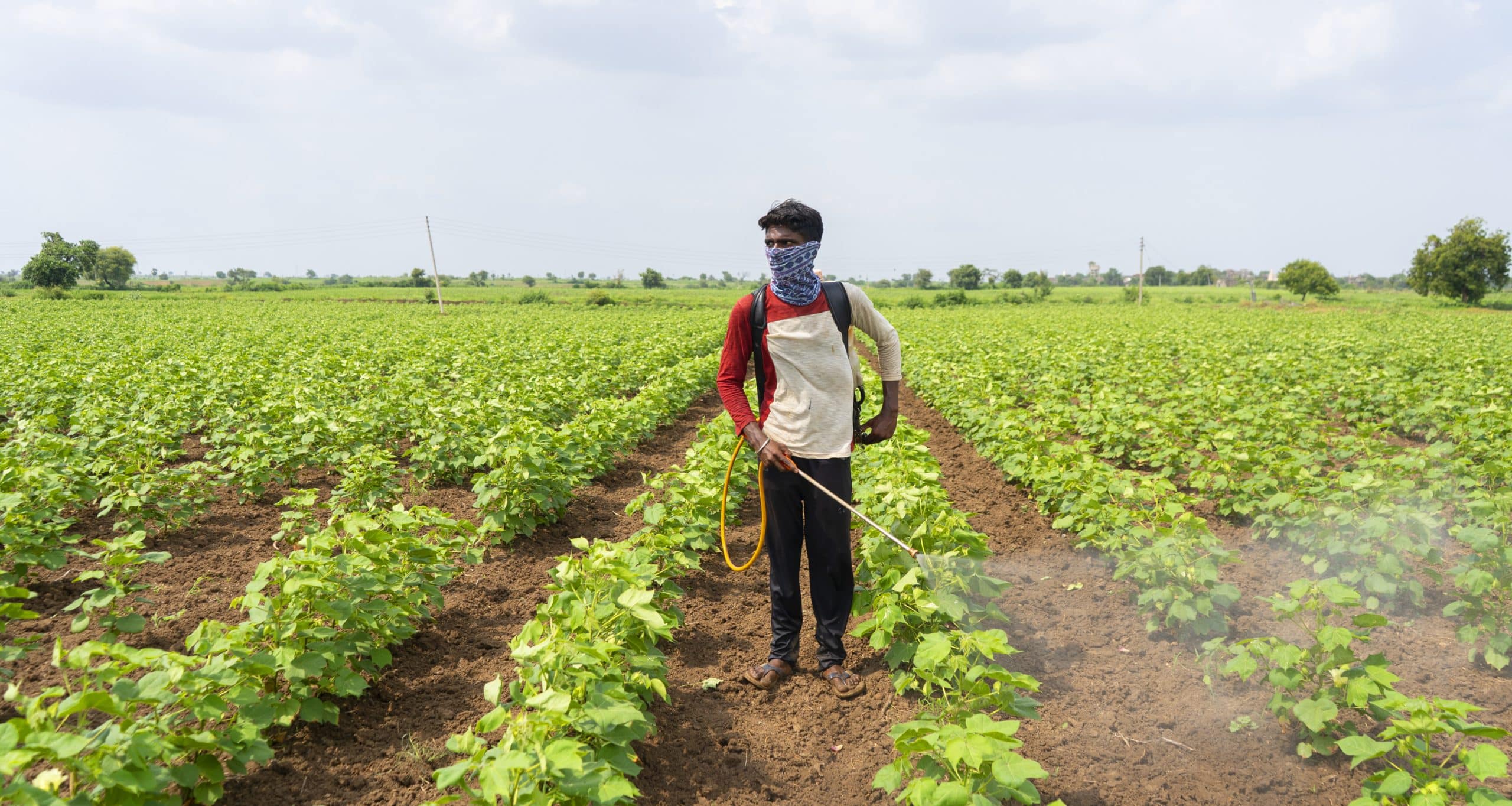There’s been a growing wave of innovation in the agriculture sector, specifically in the area of pest control. As more information becomes available about the potential health hazards posed by chemical pesticides, the push towards natural, organic methods of pest management continues to gain momentum. This shift is even more prominent within the UK, where recent developments aim to improve the sustainability of farming. So, the question that comes to mind is: what are the latest developments in non-toxic pest control in UK agriculture?
Advancements in Integrated Pest Management (IPM)
Integrated Pest Management (IPM) is a strategic approach to pest control that combines different techniques to keep pest populations at manageable levels. It’s a sustainable method that aims to reduce the use of chemical pesticides while still ensuring crop health and productivity. Various studies on Google Scholar and Pubmed reveal the effectiveness and potential of IPM to transform agricultural practices, especially when it involves the correct application of organic and biological pest control methods.
A lire également : How to Support the Mental Health of UK Gig Economy Workers?
A significant development in IPM is the increased application of digital technologies. Farmers are now using remote sensing and Geographic Information Systems (GIS) to identify pest-infested areas. This precise pest detection can help farmers use pesticides more efficiently and reduce their overall use.
Biological Pest Control Innovations
Biological pest control is all about introducing natural predators into the environment to keep pest numbers in check. It’s a form of bio-control that uses living organisms to control pests, providing a more eco-friendly alternative to harmful chemical pesticides.
A lire en complément : What’s the Impact of Augmented Reality on UK’s Real Estate Staging?
There’s been an exciting development in biological pest control with the emergence of ‘pest-eating’ insects, such as the parasitic wasps and ladybirds. These insects have been found to significantly reduce pest populations, delivering promising results in trials across UK farms.
Furthermore, there’s been a surge in the use of bacteria, viruses, and fungi in pest control. These microorganisms are known to cause diseases in pests, effectively controlling their population.
The Rise of Organic Pesticides
While the aim is to reduce the use of pesticides, sometimes they are necessary for pest management. Organic pesticides serve as a safer alternative, made from naturally occurring substances, including plant extracts and minerals.
One such example is the use of neem oil, extracted from the neem tree. It’s known to disrupt the life cycle of pests, thus controlling their population. More research is being carried out on organic pesticides, as seen from various studies on Crossref.
Use of Plant Varieties Resistant to Pests
Another significant development in non-toxic pest control is the use of pest-resistant plant varieties. These are plants that have been selectively bred or genetically engineered to resist certain pests.
The use of pest-resistant crops can significantly reduce the need for chemical pesticides. It helps ensure food security and contributes to sustainable agriculture. It may be a challenging process to develop these varieties, but advances in genetic engineering have made it easier than ever.
Public Health Considerations
The move towards non-toxic pest control isn’t just about protecting crops; it’s also about protecting public health. The use of chemical pesticides has been linked to various health issues, including cancer and neurological disorders.
By switching to non-toxic methods, farmers can reduce these health risks. Further, they can also protect the health of the ecosystem, including beneficial insects and other wildlife.
The latest developments in non-toxic pest control for UK agriculture are encouraging. They signify a positive step towards a more sustainable and healthier future. While these non-toxic methods may not completely replace chemical pesticides just yet, they offer effective and eco-friendly alternatives that will continue to shape the future of UK agriculture.
Application of Crop Rotation and Intercropping
In addition to the aforementioned strategies, crop rotation and intercropping have emerged as effective non-toxic pest control methods. Crop rotation involves changing the type of crop grown in a particular field from season to season. This technique disrupts the life cycle of pests, as many pests are dependent on a specific host plant for survival. A study published on Google Scholar confirms the effectiveness of crop rotation in controlling pests.
Similarly, intercropping, which is the practice of growing two or more crops together in close proximity, can significantly reduce pest infestation. This method works by creating a more diverse environment, making it difficult for pests to locate their preferred host plant. Furthermore, some plants release substances that deter pests, further providing protection to the crops.
These strategies not only help control pests but also increase soil fertility and crop yield, contributing to sustainable agriculture. Detailed case studies on Crossref highlight the successful implementation of these strategies in various farming systems across the UK.
Employing Natural Enemies for Biological Control
To further enhance biological control measures, the introduction of natural enemies of pests has been embraced by farmers. This strategy is not only effective but also aligns with the principles of organic farming. It involves the use of predators, parasitoids, and pathogens to control pests.
For instance, entomopathogenic nematodes, which are microscopic worms that kill insects, have shown great potential in controlling a range of insect pests. In addition, the use of birds and insects such as ladybirds and lacewings, which feed on common pests, has been increasingly deployed.
However, the success of this method largely depends on the careful selection of natural enemies, considering their mode of action, compatibility with the crop, and potential impact on non-target species. Therefore, extensive research is being carried out, with several papers available on Scholar Google and Crossref.
Conclusion
The latest developments in non-toxic pest control in UK agriculture underscore the sector’s commitment to sustainability and public health. The integration of various strategies, from employing Integrated Pest Management and biological control to adopting crop rotation and intercropping, signifies a major shift away from reliance on chemical pesticides.
Furthermore, the increased use of digital technologies for precise pest detection, development of pest-resistant plant varieties, and application of organic pesticides, provide promising alternatives for pest management.
However, it’s important to note that the transition to non-toxic pest control methods requires continuous research, especially in areas such as the mode of action of natural enemies, development of effective organic pesticides, and more. Despite the challenges, these developments present an optimistic view of the future of UK agriculture, where farming practices align with the principles of environmental sustainability and human health protection.











